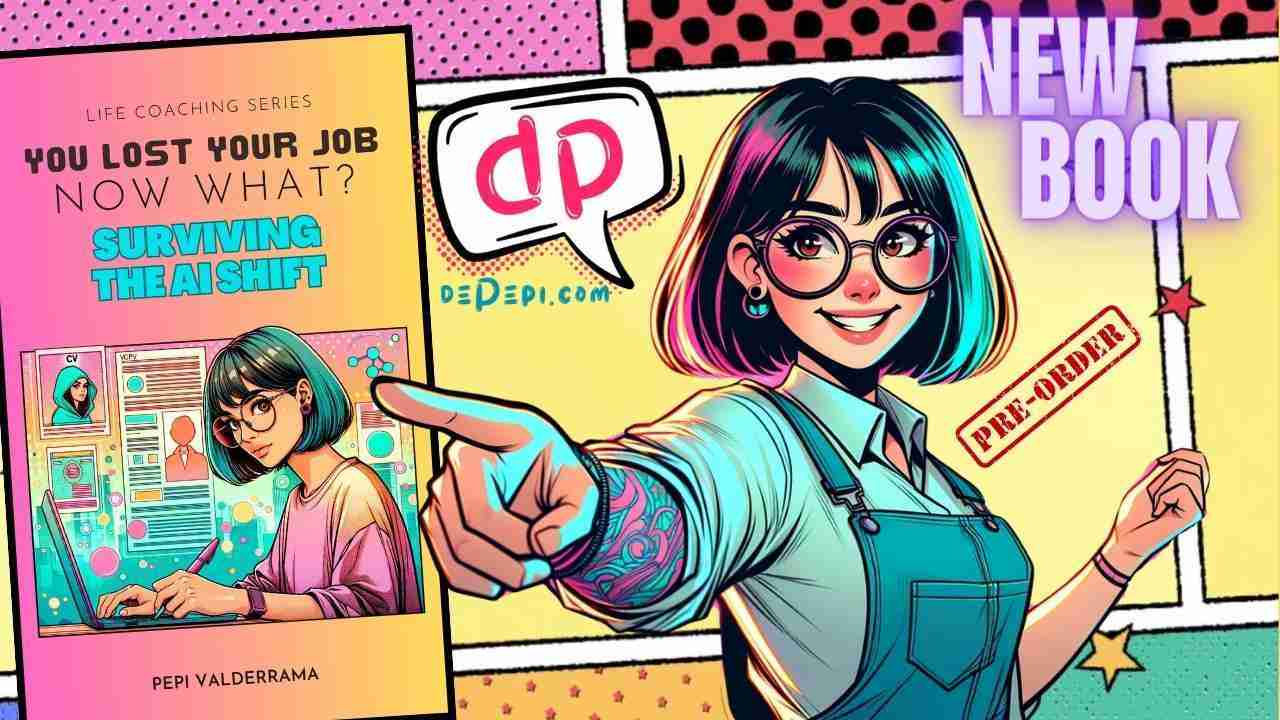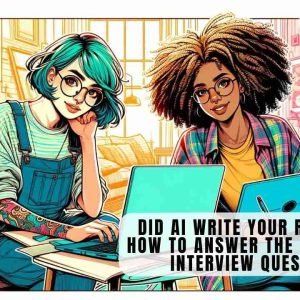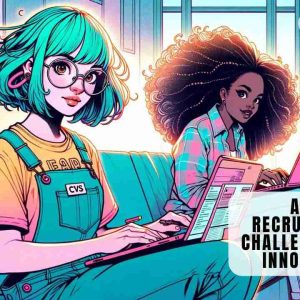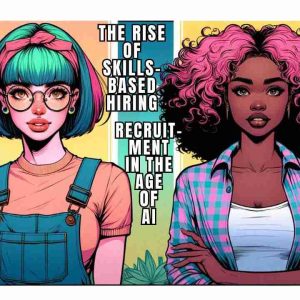AI Interviews: Unlocking the Future of Hiring
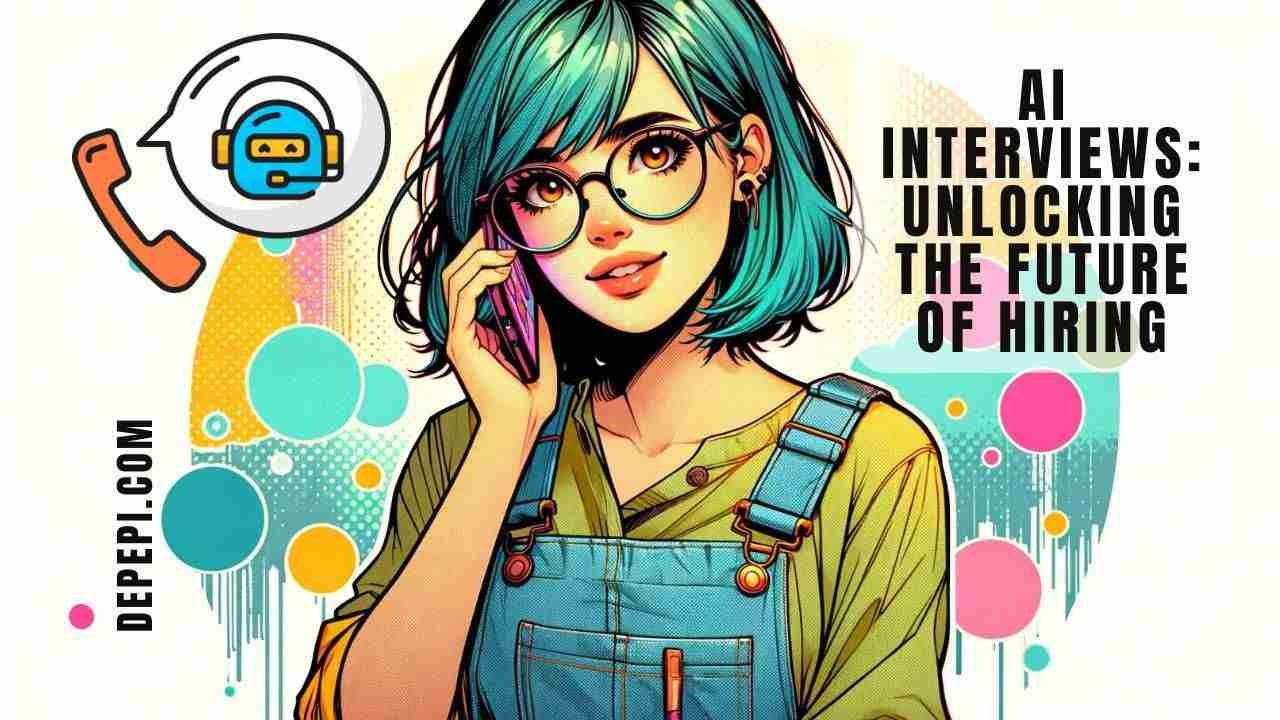
AI interviews are revolutionizing the hiring process, albeit with mixed reactions from job seekers. Today’s job market sees AI stepping into the roles traditionally reserved for human HR professionals, making the job application process a blend of efficiency and impersonality. Your first interview might be a “robot interview.”
AI Interviews Are Expanding Everywhere
Companies are increasingly relying on AI to conduct job interviews, a trend accelerated by the pandemic’s push for digital solutions. A survey from Resume Builder predicted that by 2024, 40% of companies would use AI to interact with candidates, with 15% making hiring decisions without human intervention. This shift aims to streamline recruitment, allowing AI systems to handle mundane tasks like scanning resumes or conducting initial interviews.
However, phone-based AI interviews might feel unsettlingly robotic. AI can ask relevant questions but lacks the human touch, often interrupting or misinterpreting responses, leaving candidates unheard and undervalued.
This also expands to video-based interviews. You need to record yourself answering a set of questions. It can also feel quite cold without any human interaction.
Efficiency Versus Empathy
The desire for efficiency primarily drives the adoption of AI in hiring processes. By automating tasks like data entry and candidate screening, digital design agencies and recruitment firms find that AI tools save significant hours weekly. This boosts productivity and allows companies to offer perks like a four-day workweek, attracting more talent. Yet, this efficiency comes at a cost—the loss of the human element, which is crucial in assessing a candidate’s fit beyond their resume.
Applicants can become frustrated with AI interviews because they lack social cues and personal interaction. This can be particularly challenging for individuals struggling with self-image issues. The impersonal nature of AI interviews can detract from a candidate’s ability to showcase their true self, potentially impacting their chances of progressing to the next hiring stage.
Change Your Fate With This Book
In response to AI’s growing influence, some job seekers are turning to AI to navigate the application process themselves. However, if done incorrectly, this risks homogenizing applications and diluting personal experiences and individuality.
Following the tips and tricks in “You Lost Your Job. Now What? Surviving the AI Shift,” you can enhance your resume and cover letters and practice with AI. What’s more, the book teaches you how to prompt correctly, so when you finish reading the book and practising the prompts in it, you can safely add prompting to your skillset.
The Human Touch Remains Crucial
Despite AI’s advancements, the consensus among experts is clear: the human touch remains indispensable. AI can streamline operations, but it cannot replace human HR professionals’ nuanced understanding and empathy. Organizational culture, openness to innovation, and trust are critical factors that AI alone cannot foster.
For AI to truly complement the hiring process, companies must balance the use of AI for efficiency while preserving human interaction for decision-making and cultural fit assessment. This approach can harness AI’s potential without compromising the quality of recruitment and the candidate experience.
Future Trends in AI Interviews And Hiring
The integration of AI into hiring is inevitable but requires careful navigation. Companies must consider ethical implications, such as potential biases encoded within AI algorithms, which can perpetuate inequality. Efforts to anonymize applications and focus on skills over demographics are steps in the right direction, but continuous monitoring and refinement of AI systems are essential to avoid unintended consequences.
Furthermore, AI’s impact on hiring will likely vary across job levels and industries. Lower-level positions may see a higher degree of automation in recruitment, raising concerns about accessibility and fairness for marginalized groups. Conversely, higher-level roles may still prioritize human judgment and networking, underscoring the varied impact of AI across the employment spectrum.
Do You Need To Jazz Up Your Resume & Practice AI Interviews?
Pre-order “You Lost Your Job. Now What? Surviving the AI Shift” and bulletproof your resume before applying. It offers a comprehensive guide to learning prompting and practical advice on enhancing your resume to ensure your competitiveness in the job market while offering a cool guide on how to prepare for those AI interviews. (Out: March 21st, 2024)
Can’t wait? Get the Enhance Your Resume With AI – The Guide now. It’s packed with prompting techniques and examples, best practices, and more!
